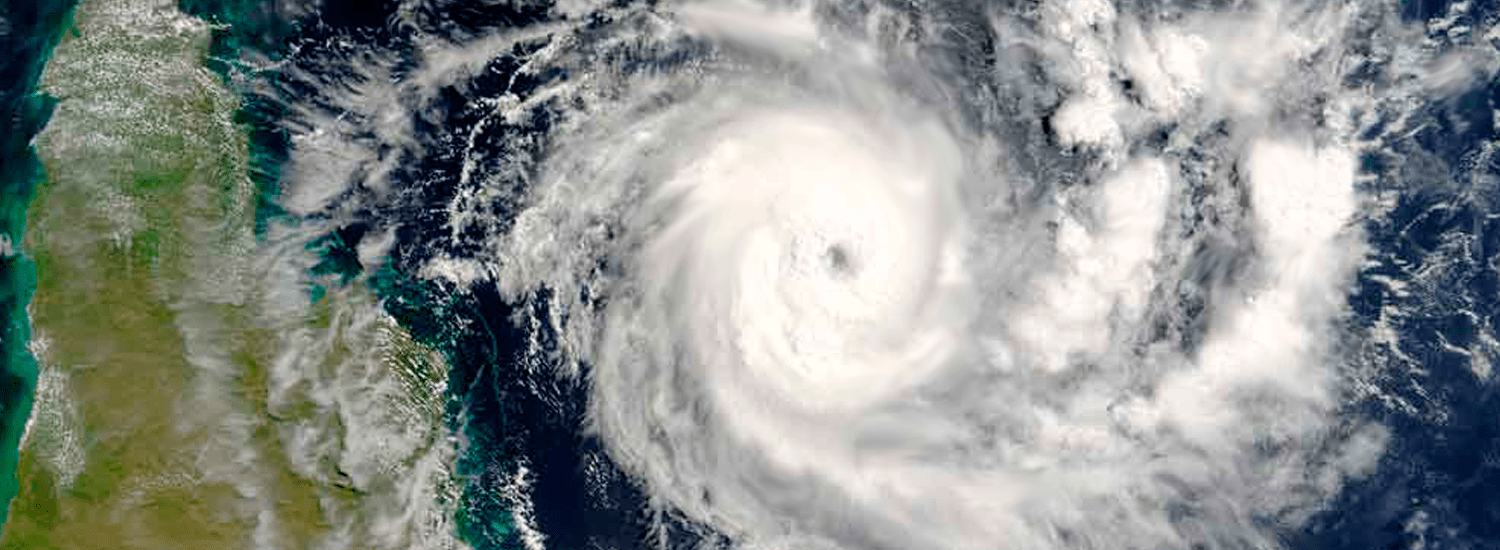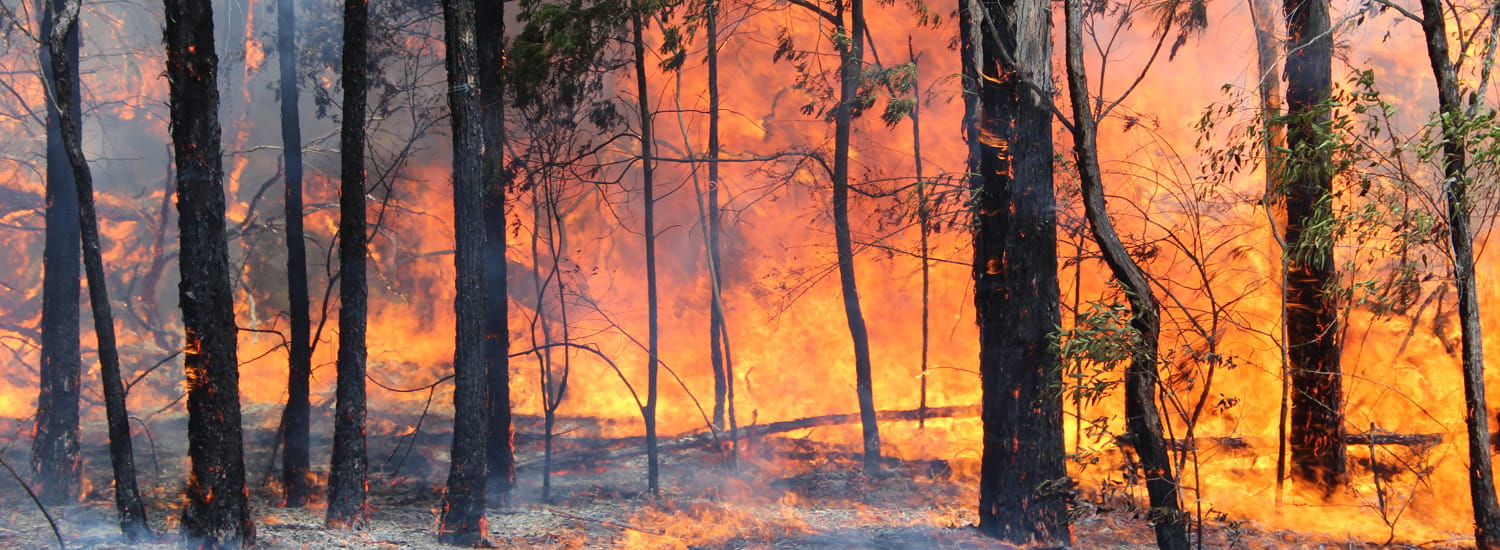10 steps to get your home ready for cyclone season
If a cyclone is coming your way, it’s important to take steps to prepare. Here are 10 ways to protect your home and contents ahead of cyclone season.
▢ Review your insurance policies to ensure your property, vehicles and possessions are adequately covered
Make sure any outbuildings are included in your policy and review how much your home, contents and cars are covered for. Remember, costs to rebuild your home to new standards may have increased. Read more about avoiding underinsurance.
▢ Regularly maintain your home and outbuildings
Cyclones can bring with them a lot of water and your gutters need to be operating at full capacity otherwise you risk water flooding into your roof cavity. Ensure downpipes are clear, too. Check roofs for loose tiles or sheeting, and that your window seals are intact, too.
▢ Make an inventory of your home’s contents
A broken roof or flood can result in significant damage to your possessions. Take a room-by-room inventory of all of your home’s contents so you have up-to-date records, and use an online calculator to get an accurate guide of value. Keep pictures and receipts in the cloud if possible.
▢ Prep outdoors, too
Cut back any tree branches that are too close to home and remove any loose or dead branches that could become missiles. Bring any outdoor furniture or belongings indoors if possible, and anchor down if not. Check fences and gates and repair if necessary.
▢ Get vehicles under cover
Cyclones can cause enormous damage to a vehicle. If possible, park vehicles under cover, and avoid basement car parks, which can be prone to flooding. If you have to drive, avoid floodwaters.
▢ Have sandbags at the ready
If you live in a location that’s prone to flooding, or even if there’s been flooding nearby in previous years, it’s worth getting some sandbags to help keep water from flooding under doors and into your home.
▢ Update your home to new standards if possible
If your home is an older building, new building codes will have been introduced. Speak with a builder to discover if there are any measures you can take to upgrade elements of your home in line with new code requirements, such as your roof or windows.
▢ Have an alternative power source handy – and stock up!
If powerlines go down, you may need an alternative power source – particularly if someone’s life depends on it. Also, in remote locations, a cyclone may mean you’re cut off for days, so stock up those cupboards.
▢ Have window and door coverings ready to go
If a cyclone is coming, boarding up your doors and windows is advisable. Have coverings ready, and practice installing them prior to the event.
▢ Know your plan
If a cyclone is headed your way, it's vital you know what you're going to do, and when. Monitor meteorological updates and be vigilant – leave and leave early. Your safety is the priority.
More information
Find out more about QBE’s Home insurance.
Download a PDF version of this checklist
This checklist was compiled based on information available to QBE on or before October 2020. The general advice in this checklist has been prepared without taking into account your objectives, financial situation or needs. You must decide whether or not it is appropriate, in light of your own circumstances, to act on this advice. This guide does not form part of any insurance policy and is not used in the assessment of insurance claims. Any insurance claim will be assessed against the policy terms and conditions and applicable law.









